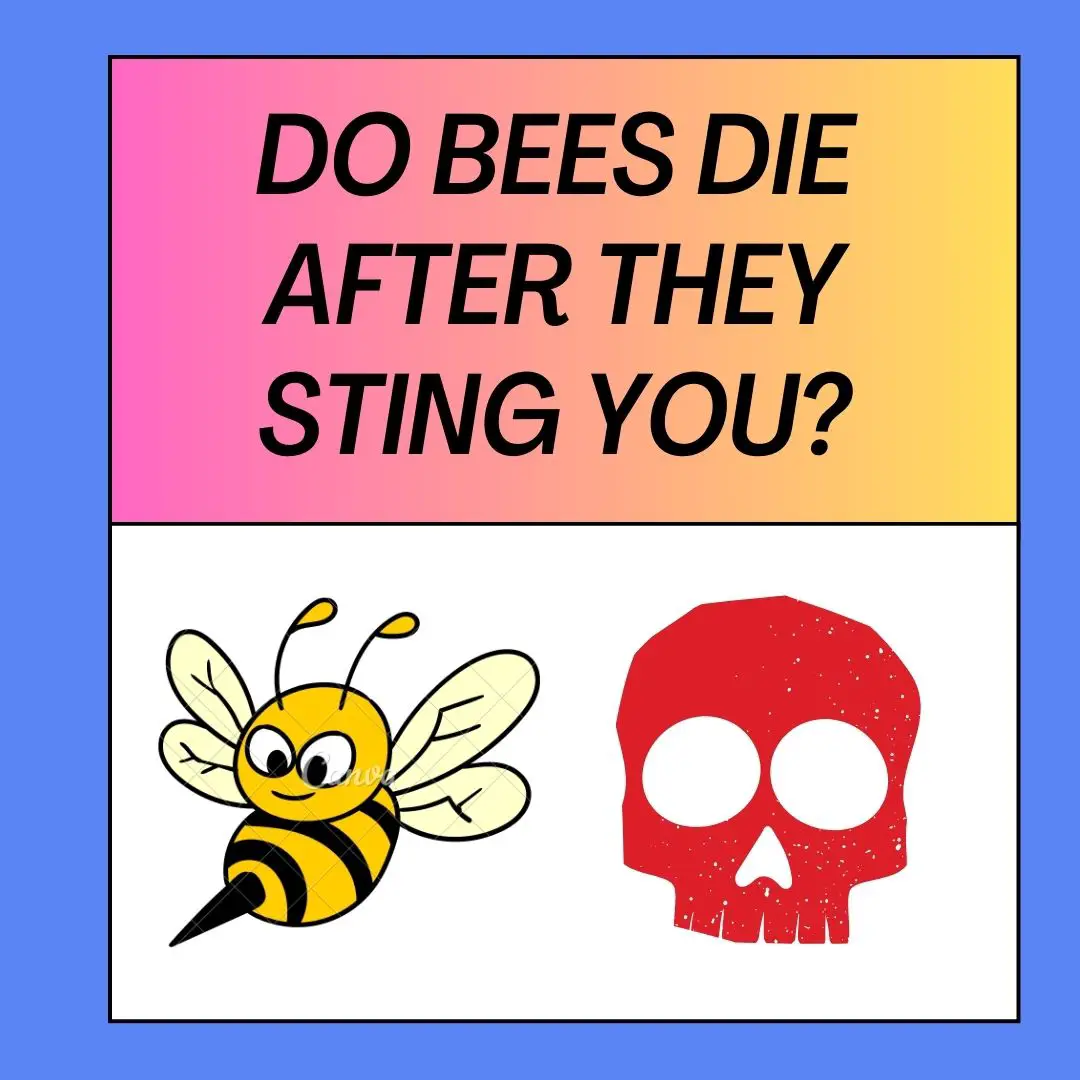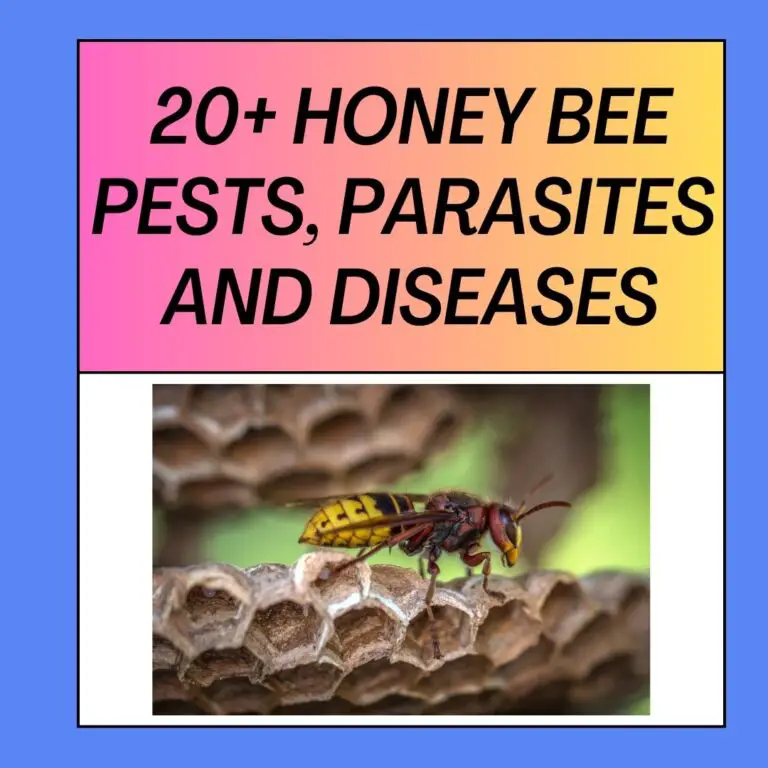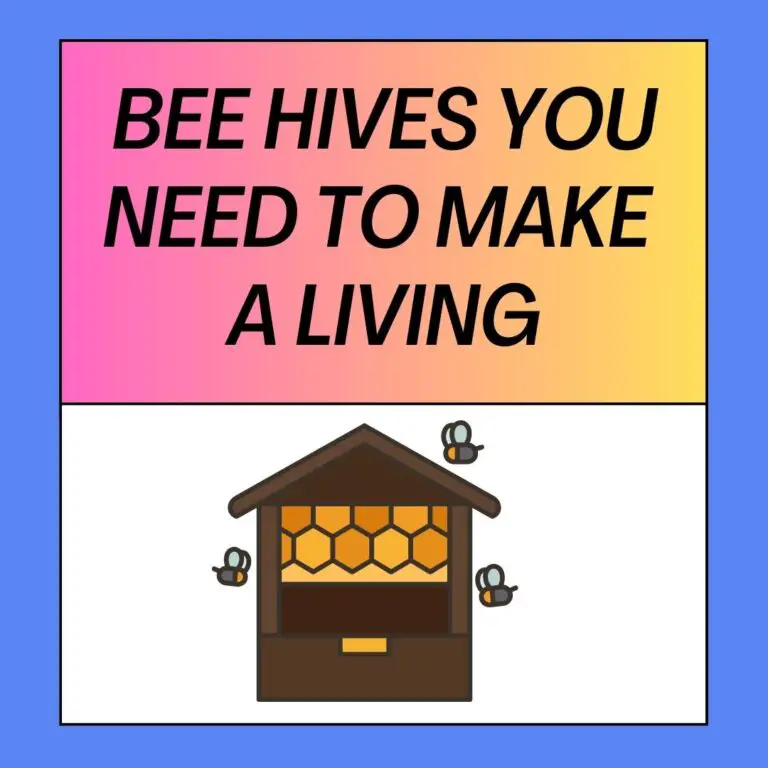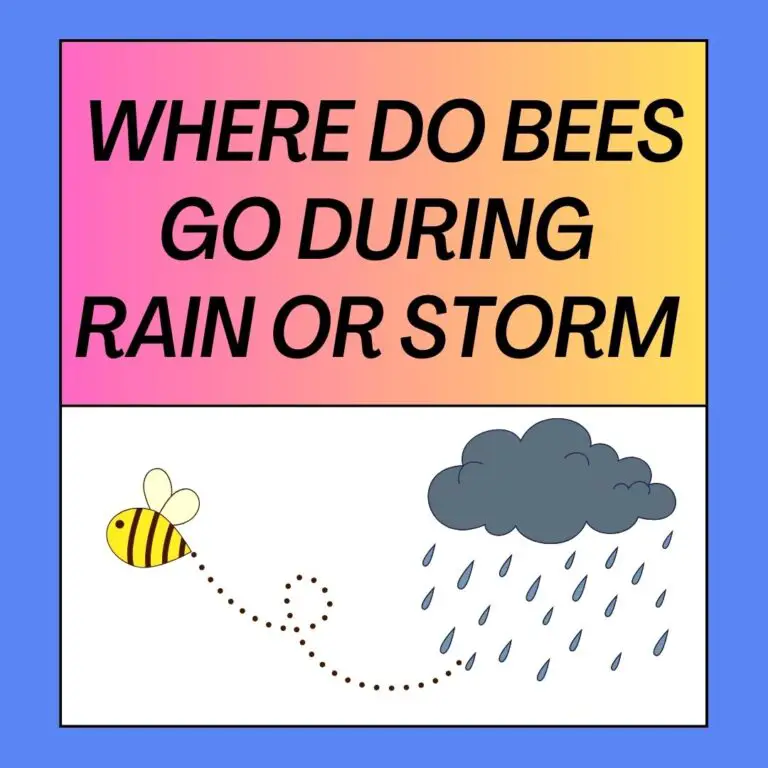
Yes, honeybees typically die after they sting you, and this phenomenon is related to the structure of their stingers and their behavior. It’s important to note that not all bees die after stinging. Honeybees, social bees living in colonies, are the most commonly associated with this behavior. Other types of bees, such as bumblebees, solitary bees, wasps, and barbs, have different stinger structures and can sting without dying. However, they typically sting in defense rather than aggression and are less likely to sting humans unless provoked.
Here’s why bees die after stinging:
- Stinger Structure: A honeybee’s stinger is barbed, which means it has tiny backward-facing hooks or barbs. When a honeybee stings, it embeds its barbed stinger into the skin of its target, whether it’s a perceived threat or an animal (like a human). The barbs on the stinger make it difficult for the bee to pull it back out.
- Stinging as a Defense Mechanism: Bees primarily use their stingers as a defense mechanism to protect their hive from potential threats. When a bee perceives a threat to the hive, it may sting to defend the colony.
- Ripping of the Abdomen: As the bee attempts to fly away after stinging, the barbed stinger and attached venom sac remain embedded in the victim’s skin. When the bee tries to pull away, it ends up ripping its abdomen from its body, leaving the stinger, venom sac, and part of its digestive tract behind.
- Internal Injury: The act of stinging and subsequently losing its abdomen causes significant internal injury to the bee. This results in the bee’s death shortly after stinging.
- Release of Alarm Pheromones: When a honeybee stings, it also releases alarm pheromones, which can alert other bees in the vicinity to the potential threat. This can lead to a defensive response from other bees to protect the hive.
Why Do Bees Sting You?
- Protection of the Hive: Bees are highly social insects that live in colonies. They will aggressively defend their hive and the queen bee if they sense a threat. When a bee perceives a potential danger near the hive, it may become defensive and sting to protect the colony.
- Protection of Food Sources: Foraging bees may sting if they feel threatened while collecting nectar or pollen from flowers. They are less likely to sting when foraging than when defending the hive, but they may still do so if they feel cornered or provoked.
- Perceived Threat: Bees have a natural instinct to protect themselves when they feel threatened. If a bee is accidentally crushed or trapped, it may respond with a sting as a means of defense.
- Release of Alarm Pheromones: When a bee stings, it releases alarm pheromones that can signal nearby bees to respond defensively as well. This can lead to multiple bees stinging a perceived threat.
- Protecting the Queen: Worker bees will defend the queen bee at all costs. If they perceive a threat to the queen, they will become highly aggressive and may sting to protect her.
- Provocation: Sometimes, human interactions with bees can provoke a defensive response. Sudden movements, loud noises, or swatting at bees can be interpreted as threats, leading to stinging.
- Protecting Resources: Bees may also sting to protect their food stores, such as honey or pollen, from potential thieves, including other insects or animals.
It’s important to note that bees do not sting out of malice or aggression. Their primary goal is to defend themselves, their hive, and their resources. Most bee stings are the result of unintentional interactions or perceived threats. To avoid bee stings, it’s advisable to remain calm and avoid swatting or making sudden movements when bees are present. If you encounter bees near their hive, it’s best to slowly and calmly move away from the area to reduce the likelihood of provoking a defensive response.
Related FAQ about Bee stings
Can A Bee Survive After Stinging?
-
- In the case of honeybees (Apis mellifera), the barbed stinger gets embedded in the victim’s skin or flesh. As the bee attempts to fly away, it leaves behind the stinger, venom sac, and part of its abdomen. This results in significant internal injury; the bee usually dies shortly after stinging.
Do All Bees Die After Sting?
-
- No, not all bees die after stinging. Honeybees are the most commonly known bees that die after stinging due to the barbed structure of their stingers. However, many other types of bees, such as bumblebees and solitary bees, have stingers without barbs. These bees can sting multiple times without dying and will often retreat after stinging.
Do Bees Know If They Sting They Die?
-
- Bees do not possess conscious knowledge or awareness in the way humans do. The act of stinging is a defensive response or instinctual behavior triggered by perceived threats. Bees do not have the capacity to understand that they will die after stinging.
Do Bees Regret Stinging?
-
- Bees do not experience emotions like regret or remorse. Stinging is a natural defense mechanism and is not driven by emotional or cognitive processes. It is a response to a perceived threat, and bees do not possess the mental capacity to regret their actions.
Do Bees Feel Pain?
-
- Whether bees feel pain is a subject of debate among scientists. Bees have a simpler nervous system than mammals, and their responses to harmful stimuli are often considered reflexive rather than indicative of pain perception as humans understand it. While bees may exhibit avoidance behavior in response to threats or injuries, it is unclear whether they experience pain like animals with more complex nervous systems do.
Conclusion
In summary, honeybees die after stinging due to the barbed structure of their stingers, which results in the bee losing its abdomen during the stinging process. This behavior is primarily a defense mechanism to protect the hive from perceived threats.






